8 GPTs for Literature Research Powered by AI for Free of 2025
AI GPTs for Literature Research are advanced tools built on Generative Pre-trained Transformer technology, tailored specifically for literature study and analysis. They leverage natural language processing to understand, interpret, and generate text based on vast databases of literary content. These AI tools are designed to assist in tasks such as summarizing texts, identifying themes and motifs, conducting comparative literature analysis, and even generating scholarly content. Their relevance lies in their ability to provide deep, nuanced insights into literary works, making them invaluable for students, researchers, and enthusiasts looking to explore the depths of literature through a modern, technological lens.
Top 7 GPTs for Literature Research are: 武侠梦想家,Bookshelf Analyzer,Book Maven,Book Navigator,书籍信息查询,Walther von der Vogelweide | History Chat,Mary Shelley
武侠梦想家
Craft Your Wuxia World with AI
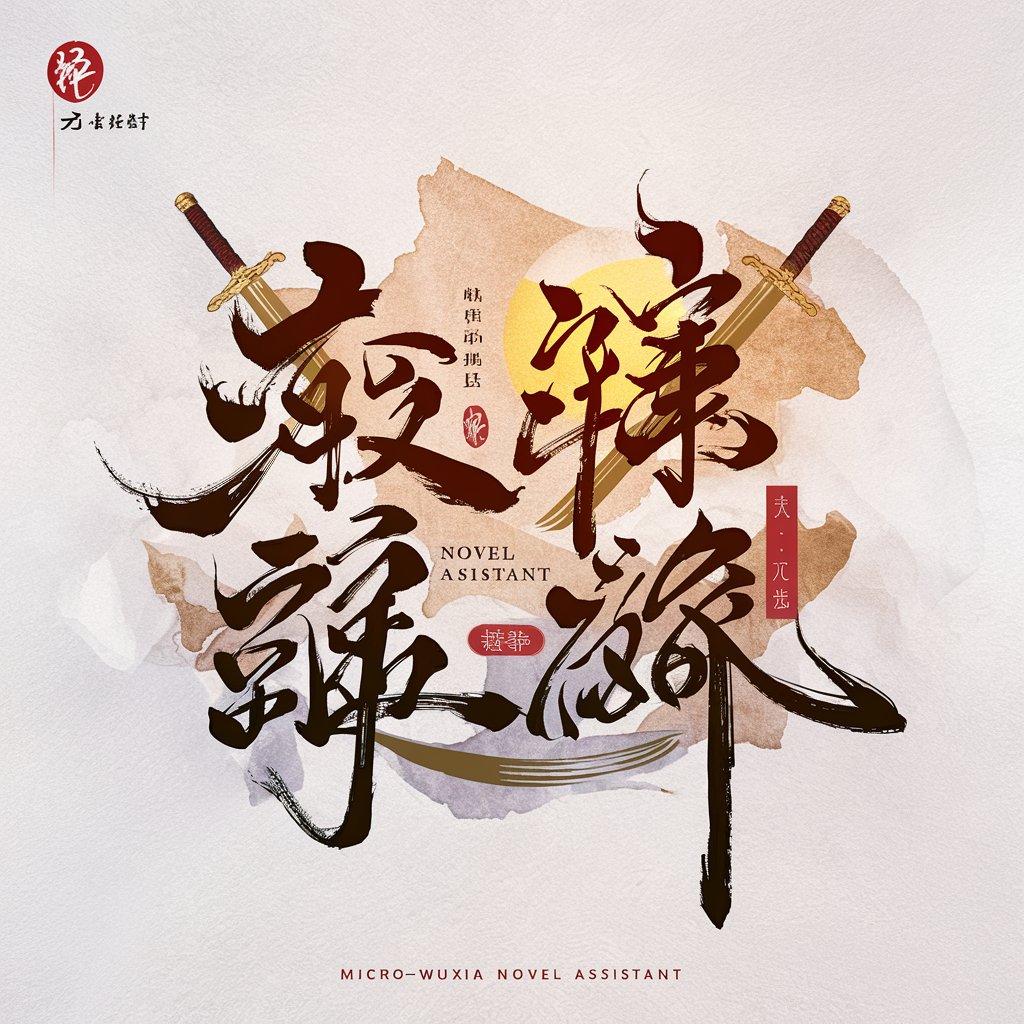
Bookshelf Analyzer
Transforming bookshelves into digital libraries with AI.
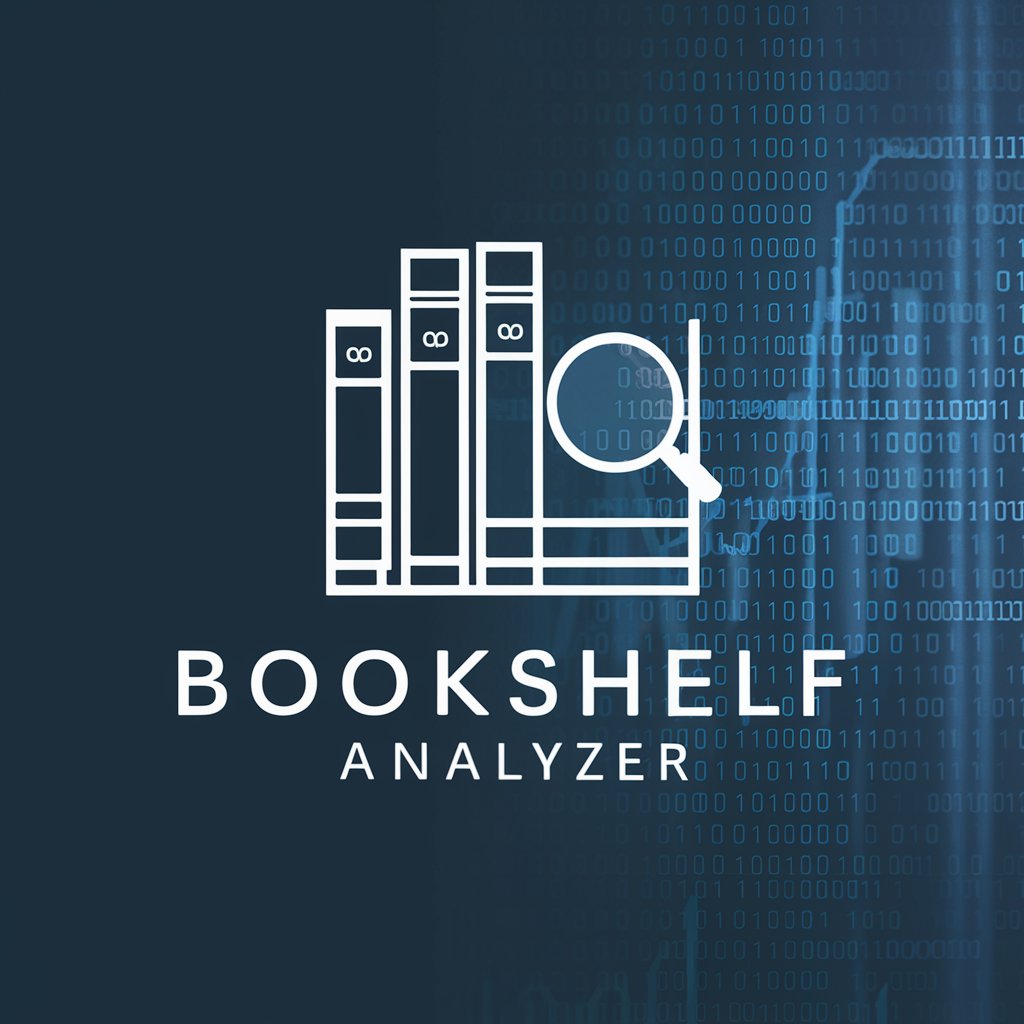
Book Maven
Empowering Readers with AI-Driven Insights
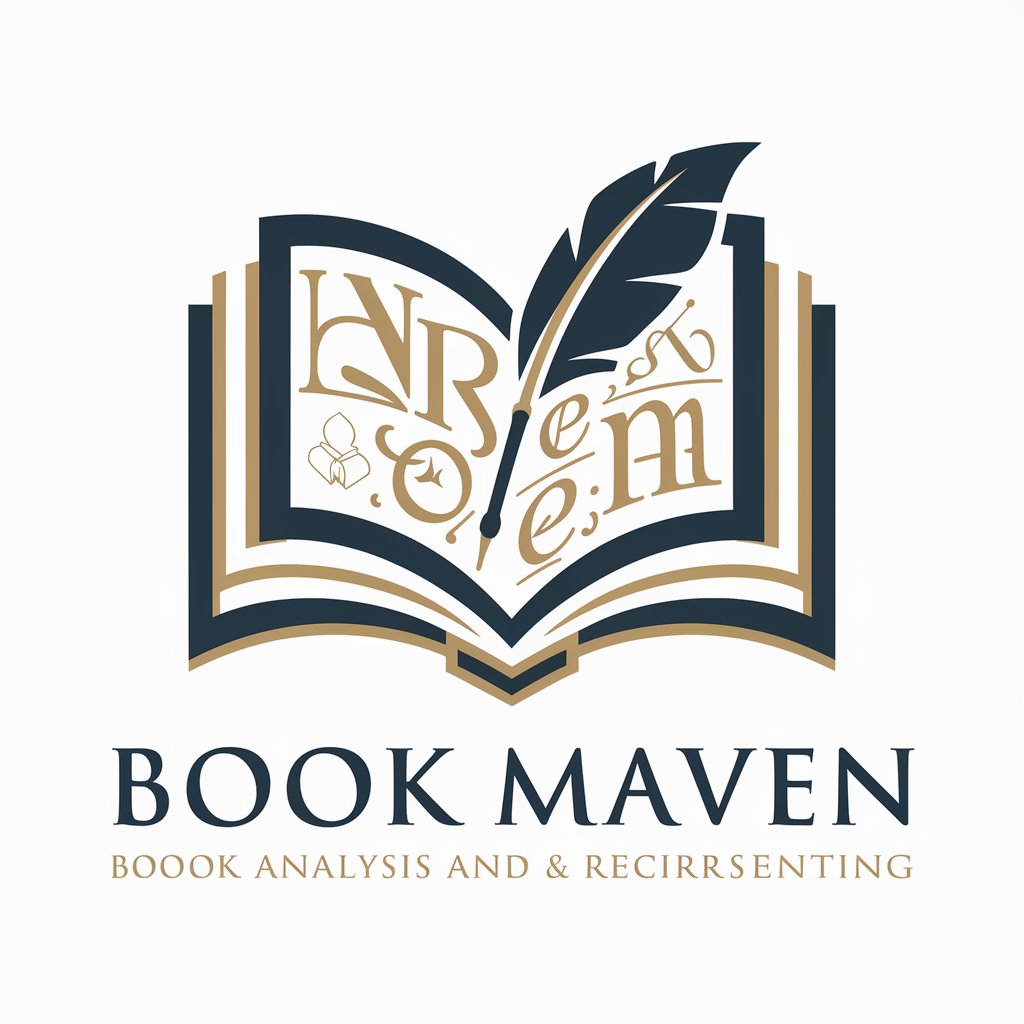
Book Navigator
Empowering Literary Exploration with AI
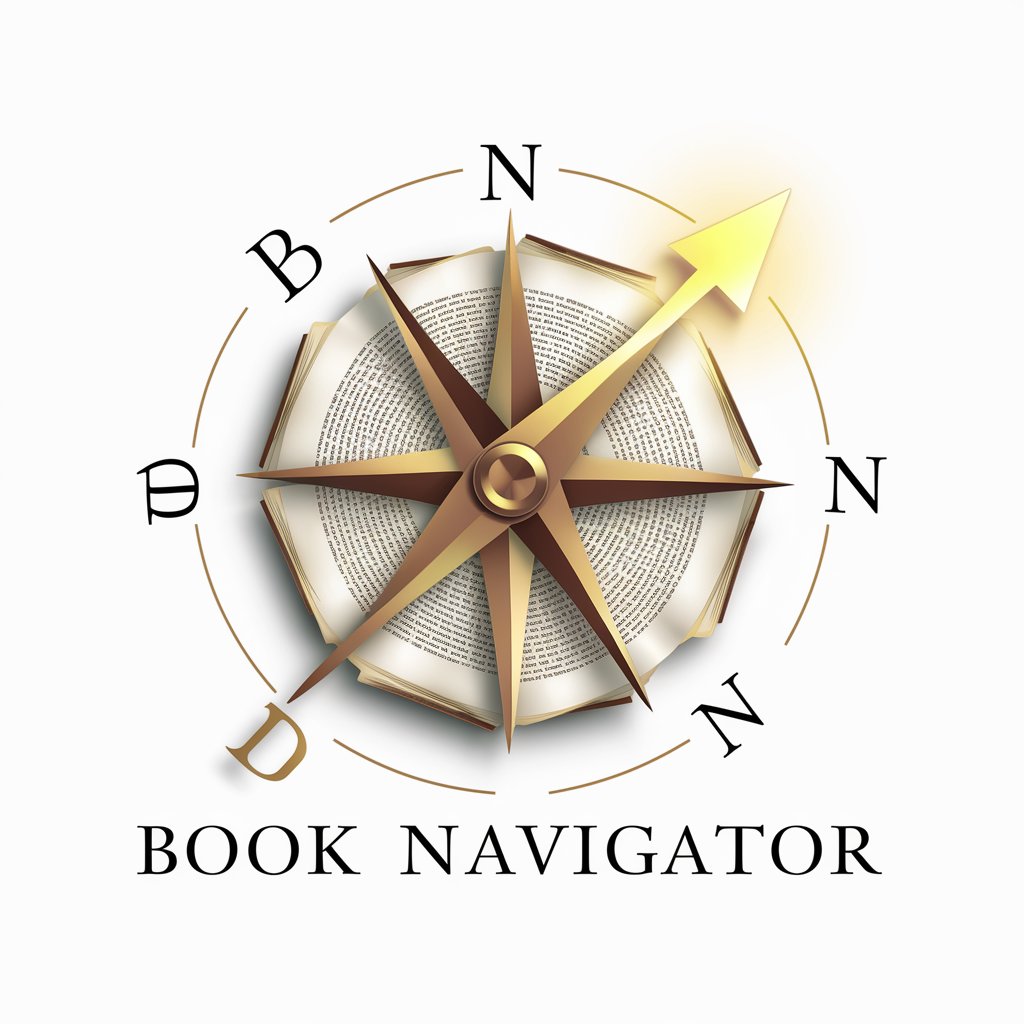
书籍信息查询
Unlock Your Next Read with AI

Walther von der Vogelweide | History Chat
Explore medieval literature with AI
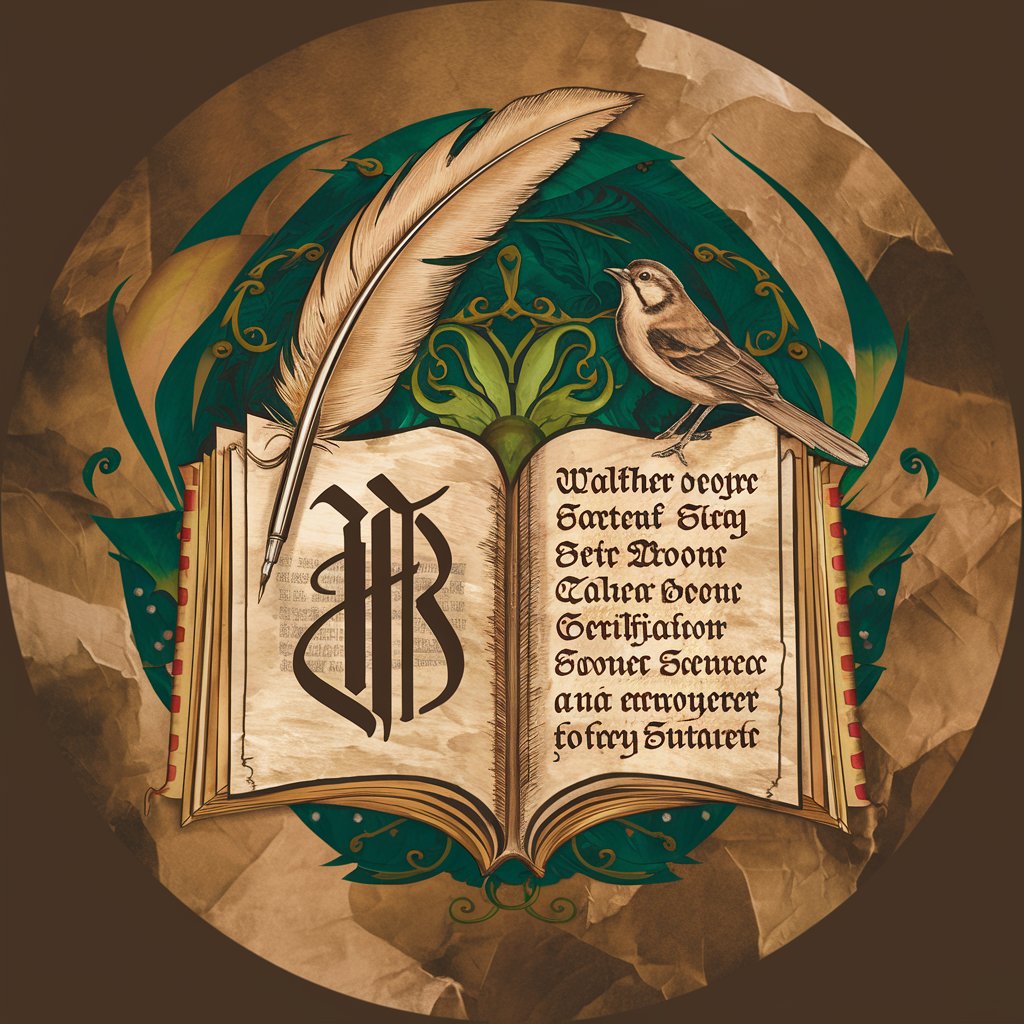
Mary Shelley
Revive the Romantic Era with AI

Principal Characteristics & Functions
AI GPTs for Literature Research offer a wide array of unique features tailored to the literature domain. These include deep text analysis for theme identification, summarization of complex narratives, comparison of literary styles across different works, and the ability to generate content or essays on specific literary topics. Advanced language understanding enables these tools to process texts in multiple languages, making them versatile for global literature studies. Additionally, some tools are equipped with technical support for data analysis, web searching capabilities for sourcing literature, and image creation features for visualizing concepts or historical contexts.
Who Benefits from Literature Research AI
These AI tools are designed for a broad audience, ranging from literature students and academic researchers to writers and bibliophiles. They serve as an invaluable resource for novices looking to deepen their understanding of literary works, as well as for seasoned scholars conducting sophisticated analysis. Additionally, developers and professionals in the literary field can customize these tools to fit specific research needs or integrate them into larger projects, offering both accessibility for users without coding skills and advanced options for those with technical expertise.
Try Our other AI GPTs tools for Free
Book Analysis
Discover how AI GPTs for Book Analysis revolutionize literary exploration with in-depth text analysis, thematic insights, and comprehensive summaries, making literature more accessible and understandable.
Vocabulary Builder
Discover AI GPTs for Vocabulary Builder: Tailored, AI-powered tools designed to enhance your vocabulary through personalized learning experiences. Perfect for language learners and professionals alike.
Synesthetic Experience
Explore the intersection of AI and sensory experiences with our Synesthetic Experience tools, designed to create immersive, multisensory perceptions accessible to everyone.
Plagiarism Checking
Explore cutting-edge AI GPT tools for Plagiarism Checking, designed to ensure content originality with advanced analysis and customizable features. Ideal for educators, students, and professionals.
Branding Materials
Discover AI-powered GPT tools for Branding Materials - your creative partner in generating compelling, data-driven branding solutions tailored to your unique brand identity.
Communication Strategy
Discover how AI GPTs revolutionize Communication Strategy, offering tailored content creation, strategic planning, and audience engagement with advanced AI capabilities.
Expanding Horizons with AI in Literature
AI GPTs for Literature Research not only facilitate a deeper understanding of literary works but also open up new avenues for exploration and analysis. Their adaptability to different languages and literatures worldwide, combined with the ability to integrate into existing educational or research workflows, underscores their potential to revolutionize the field. The user-friendly interfaces further democratize access to advanced literary analysis, making it possible for anyone with an interest in literature to explore complex concepts and themes in an accessible manner.
Frequently Asked Questions
What exactly can AI GPTs do in Literature Research?
AI GPTs can summarize texts, identify and compare themes, generate scholarly content, and provide insights into narrative structures and literary styles.
Are these tools difficult to use for those without a technical background?
No, they are designed with user-friendly interfaces that require no prior coding knowledge, making them accessible to a wide audience.
Can I customize the AI to focus on a specific literary period or genre?
Yes, many AI GPTs for Literature Research offer customization options that allow users to tailor the tool’s focus to specific genres, periods, or themes.
How do these AI tools help in comparative literature studies?
They can analyze multiple texts simultaneously, identifying unique and shared themes, stylistic elements, and narrative techniques across works.
Is there support for non-English literature?
Yes, advanced language capabilities mean these tools can process and analyze literature in multiple languages.
Can AI GPTs generate original literary analysis?
Yes, they can generate insightful analysis and content on a wide range of literary topics, simulating an expert’s understanding of the literature.
Do these tools integrate with academic databases or resources?
Some AI GPTs offer web searching capabilities, allowing them to integrate with or source information from various academic databases and resources.
How can AI GPTs enhance the learning experience for literature students?
By providing detailed analyses, generating discussion prompts, and offering comparative studies, these tools can deepen understanding and engagement with literary texts.